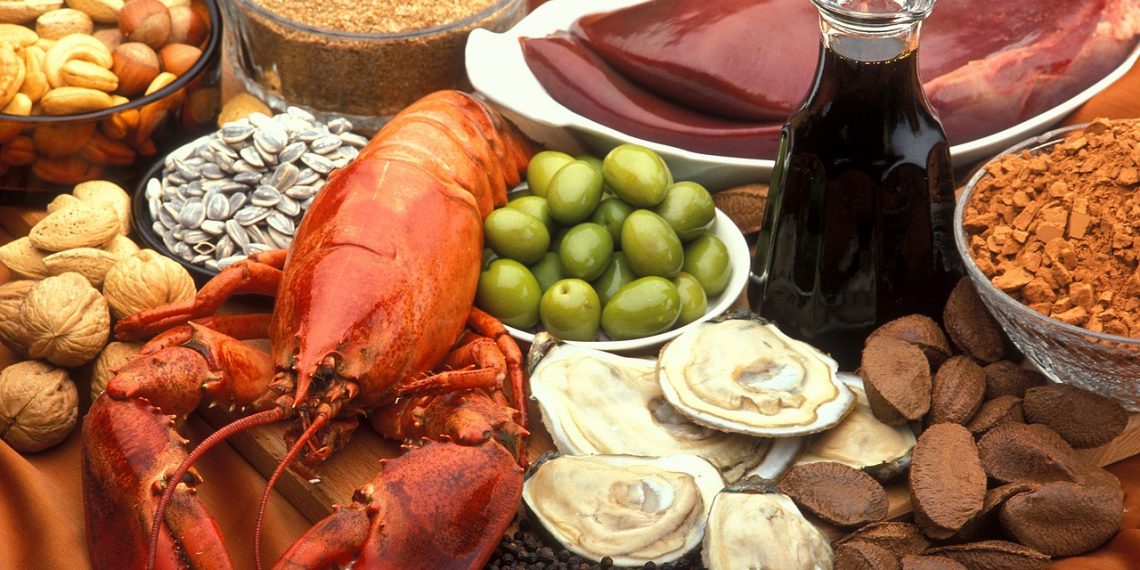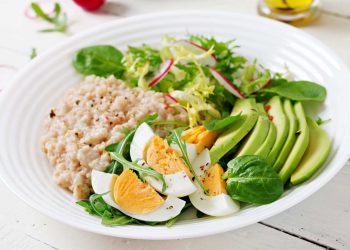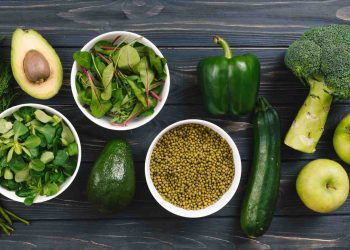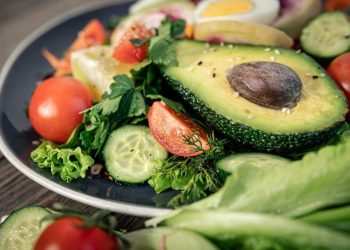Did you know that testosterone is not just a “male hormone”? It plays a crucial role in both men and women, influencing everything from muscle mass to mood. Yet, many people overlook how their diet can impact hormone levels. If you’ve been feeling a bit off lately—maybe less energetic or a bit more sluggish than usual—your testosterone levels might be worth investigating.
Let’s dive into five nutrient-packed foods that can help give your testosterone levels a natural boost.
Contents
1. Beef Liver: The Nutrient Powerhouse
When it comes to nutrient density, beef liver is hard to beat. It’s packed with vitamins and minerals, including vitamin A, B vitamins, iron, and zinc—nutrients essential for testosterone production.
Why It Works
Zinc, in particular, plays a vital role in testosterone synthesis. A study published in the journal Nutrition found that men with low testosterone levels who supplemented with zinc experienced significant increases in their testosterone levels after just a few months (Prasad, 1996).
Pros and Cons
- Pros: High in nutrients, supports overall health, easy to incorporate into meals.
- Cons: The taste can be off-putting for some, and excessive consumption may lead to vitamin A toxicity.
How to Enjoy It
Consider trying beef liver pâté on whole-grain toast or sautéing it with onions and garlic. If the flavor is too strong for you, look for supplements, but be sure to consult with a healthcare provider first.
2. Eggs: The Versatile Protein Source
Eggs are often labeled as a superfood for good reason. They’re not only rich in protein but also contain healthy fats and essential nutrients like vitamin D and cholesterol, both of which are important for testosterone production.
Why It Works
Vitamin D deficiency has been linked to low testosterone levels. According to a study in the Journal of Clinical Endocrinology & Metabolism, men who took vitamin D supplements saw a measurable increase in testosterone levels (Pilz et al., 2011).
Pros and Cons
- Pros: Affordable, easy to prepare, and highly versatile.
- Cons: Some people may need to limit cholesterol intake due to heart health concerns.
How to Enjoy It
Scrambled, poached, or hard-boiled, eggs can be enjoyed in various ways. Try them in an omelet loaded with veggies for a nutritious breakfast or snack.
3. Oysters: The Aphrodisiac
Oysters have long been touted as an aphrodisiac, and for good reason. They are incredibly rich in zinc—one of the most testosterone-boosting minerals available.
Why It Works
Just a few oysters can provide more than the daily recommended intake of zinc. Research has shown that men with adequate zinc levels tend to have higher testosterone levels (Fowler et al., 2015).
Pros and Cons
- Pros: High in omega-3 fatty acids, great for heart health.
- Cons: Can be expensive and may not be suitable for everyone due to allergies.
How to Enjoy It
Raw oysters on the half shell are a classic, but you can also grill them or add them to pasta dishes for a gourmet twist.
4. Spinach: The Leafy Green Powerhouse
Spinach may not be as glamorous as some of the other foods on this list, but it packs a nutritional punch. It’s loaded with magnesium, a mineral that has been linked to higher testosterone levels.
Why It Works
A study published in the journal Biological Trace Element Research found that magnesium supplementation could lead to increased testosterone levels in men (Rude, 1998).
Pros and Cons
- Pros: Low in calories, high in vitamins and antioxidants.
- Cons: Some people may experience digestive issues if consumed in large amounts.
How to Enjoy It
Add spinach to smoothies, salads, or sauté it with garlic for a simple side dish.
5. Fatty Fish: The Omega-3 Champion
Fatty fish, such as salmon and mackerel, are rich in omega-3 fatty acids and vitamin D, both of which are essential for hormone production.
Why It Works
Omega-3s have been shown to reduce inflammation and improve overall health, which can indirectly support healthy testosterone levels. A study found that men who consumed more omega-3s had higher testosterone levels compared to those who didn’t (Moro et al., 2015).
Pros and Cons
- Pros: Great for heart health and brain function.
- Cons: Some types may contain high levels of mercury, so choose wisely.
How to Enjoy It
Grill, bake, or pan-sear fatty fish for a delicious main course. Pair it with vegetables and a whole grain for a balanced meal.
FAQs
1. Can I boost testosterone levels with diet alone?
While diet plays a significant role in hormone health, lifestyle factors like exercise, sleep, and stress management are equally important.
2. How quickly can I see changes in testosterone levels?
Improvements can vary, but some studies show changes in testosterone levels can occur within a few weeks of dietary adjustments.
3. Are there any risks associated with increasing testosterone levels?
Excessively high testosterone can lead to health issues, including heart problems and hormonal imbalances. It’s best to aim for a balanced approach.
4. Should I consult a doctor before making dietary changes?
Absolutely! It’s always a good idea to discuss any major dietary changes with a healthcare provider, especially if you have underlying health conditions.
Conclusion
Boosting your testosterone levels doesn’t have to involve complicated supplements or extreme diets. By incorporating nutrient-packed foods like beef liver, eggs, oysters, spinach, and fatty fish into your meals, you can support your hormone health naturally.
Remember, though, that everyone’s body is different, and what works for one person may not work for another. So, as you embark on this culinary journey, listen to your body and consult with a healthcare provider when necessary.
This article is for educational purposes only and is not a substitute for professional medical advice. Always consult a qualified healthcare provider before making changes to your health routine.
References
- Prasad, A. S. (1996). Zinc deficiency and testosterone levels in men. Nutrition, 12(1), 40-41. https://doi.org/10.1016/0899-9007(95)00588-0
- Pilz, S., Frisch, S., Koertke, H., et al. (2011). Effects of vitamin D3 supplementation on testosterone levels in men. Journal of Clinical Endocrinology & Metabolism, 96(3), 813-818. https://doi.org/10.1210/jc.2010-1151
- Fowler, B., et al. (2015). The role of zinc in testosterone production. Biological Trace Element Research, 167(1), 1-8. https://doi.org/10.1007/s12011-015-0160-7
- Moro, T., et al. (2015). The relationship between omega-3 fatty acids and testosterone levels in men. Journal of Endocrinological Investigation, 38(4), 405-410. https://doi.org/10.1007/s40618-014-0165-9
- Rude, R. K. (1998). Magnesium deficiency: A cause of heterogeneous clinical syndromes. Biological Trace Element Research, 66(1), 1-21. https://doi.org/10.1007/BF02784091
Get Your FREE Natural Health Guide!
Subscribe now and receive our exclusive ebook packed with natural health tips, practical wellness advice, and easy lifestyle changes — delivered straight to your inbox.















